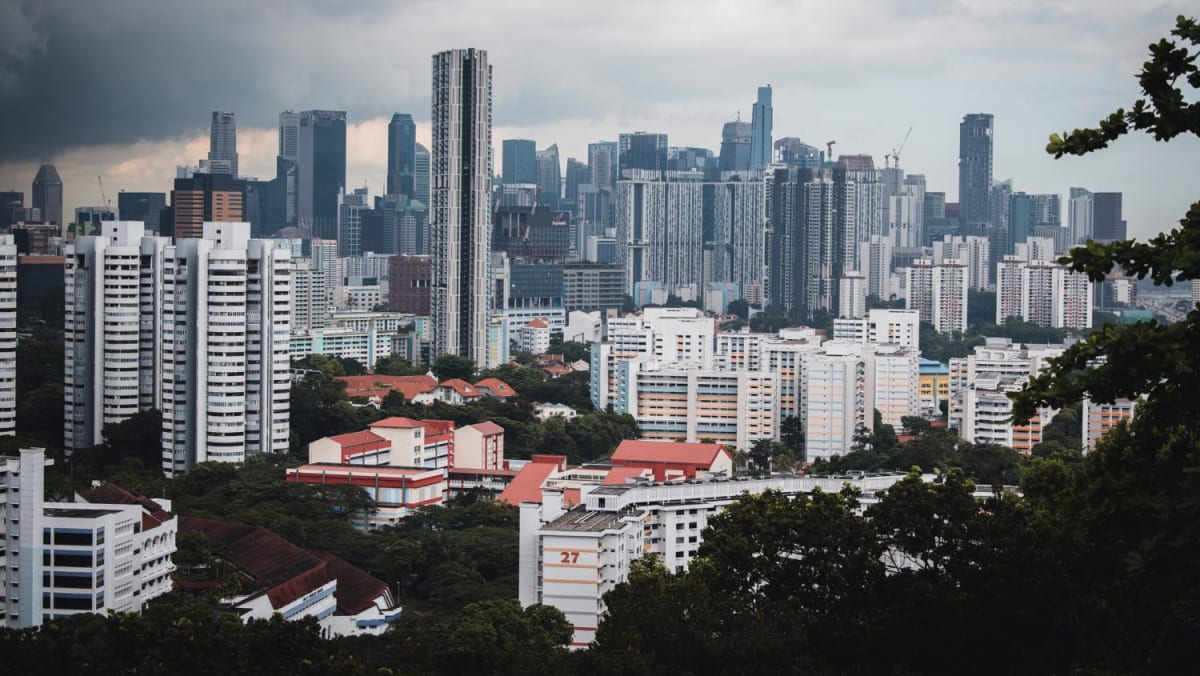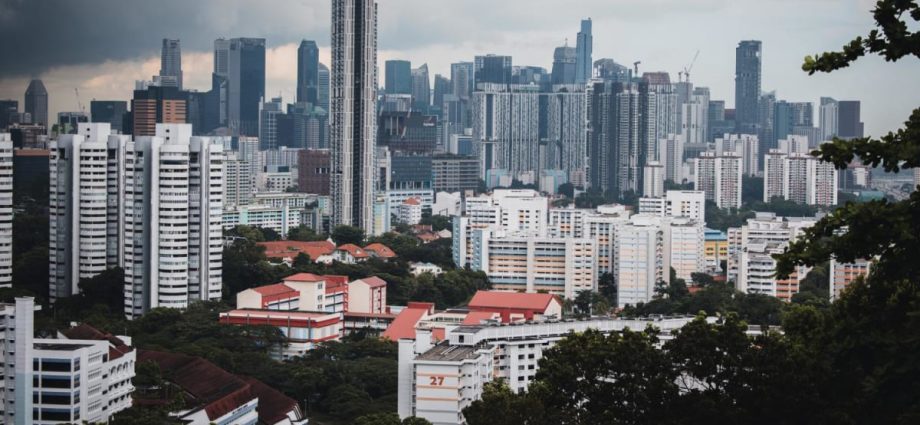
The most immediate impact would be that sales volumes would fall, as the revised ABSD rates have made it prohibitive for investors and foreigners to buy, said Ms Catherine He, head of research at Colliers.
Prices are likely to moderate for a few months, benefitting owner occupiers and first-time buyers.
“Genuine homebuying and upgrading demand remains unscathed, and will likely benefit from a more gradual price trajectory going forward,” said Mr Lam Chern Woon, head of research & consulting at Edmund Tie.
Singapore citizens and permanent resident first-time buyers are expected to be the key demand drivers in the months ahead, said Mr Eugene Lim, key executive officer of ERA Realty Network.
According to MND, this group accounts for about 90 per cent of residential property transactions based on 2022 data.
While the proportion of foreign buyers is small, it has gone up since the reopening of borders, analysts noted.
“There could be more liquidity flowing from family offices as there have been some headline deals made by foreign buyers. Further, with the reopening of China’s borders, we expect more buying interest from mainland Chinese,” said Ms Christine Sun, senior vice president of research & analytics at OrangeTee & Tie.
From a low of 3.1 per cent in 1Q 2022, the proportion of foreign buyers has increased steadily to hit 6.9 per cent in 1Q 2023. This is the highest since 1Q 2018 when the proportion was 7.3 per cent, said Mr Lee Sze Teck, senior director of research at Huttons.
Huttons agents have also given feedback that the number of enquiries from foreigners is rising, said Mr Lee.
He expects that the mass market and city fringe projects are likely to go ahead with their launches as the buyers are predominantly Singaporeans and PRs. But the high-end market which is targeted at more foreigners may hold back for the time being for the market to absorb the impact of the announcement.
Minister for National Development Desmond Lee has said that the higher stamp duties are a “pre-emptive measure” to dampen local and foreign investment demand in Singapore’s property market.
“If we don’t take early preemptive measures, we may see investment numbers both by locals and by foreigners grow, and that will add stress to Singaporeans who are looking to buy residential property principally for own occupation,” he said on Thursday morning.
Analysts pointed to data in the first quarter of 2023, saying that flash estimates of the price index for private residential property showed an increase of 3.2 per cent, compared to the 0.4 per cent increase in the previous quarter. At the same time, the Singapore economy contracted 0.7 per cent quarter-on-quarter.
“The juxtaposition of accelerating home price growth in 1Q 2023 with an economic contraction in the same quarter, coupled with unfettered housing demand going into 2Q 2023, has unsettled policymakers,” said Mr Lam.
Some analysts also pointed to supply issues. Ms Sun said the prices of homes may not drop significantly as supply remains low in the market and sellers have “holding power”.
Mr Lee said based on previous cooling measures, there will be a “knee-jerk reaction” and demand will ease in the next three months as buyers reassess their finances.
But prices may not go down given the low number of unsold units in the market, he added.

